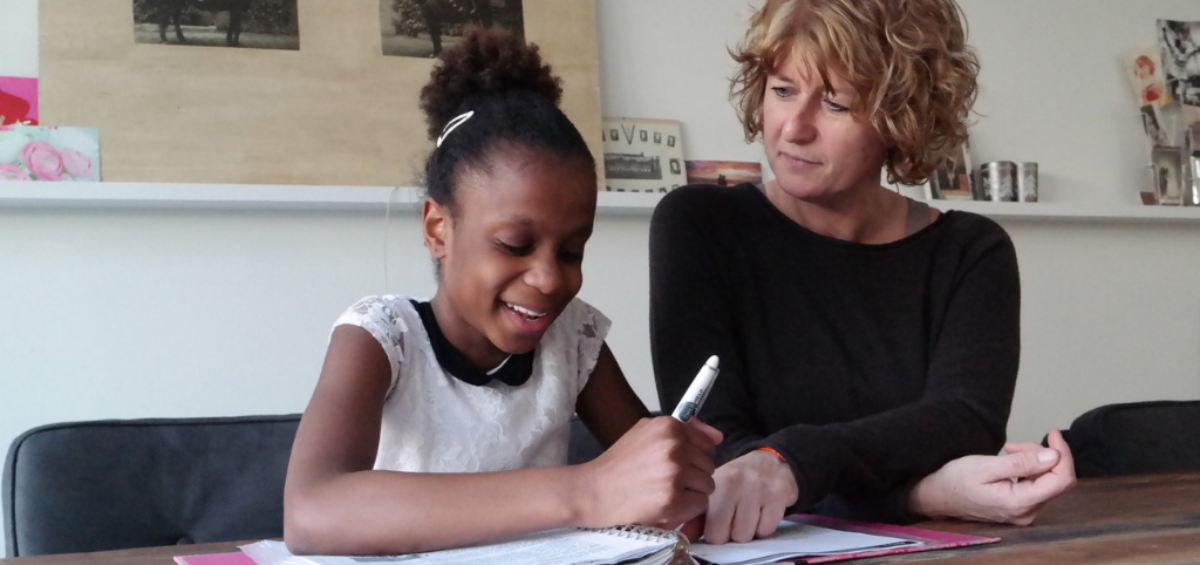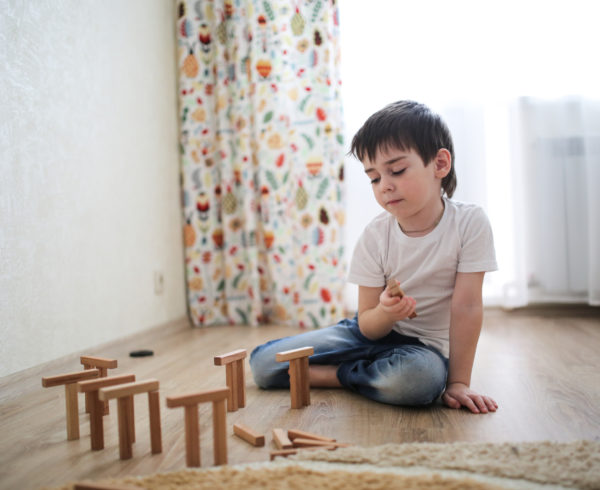*CBT Associates does not provide psychoeducational assessments at this time, but can support parents and/or children who would benefit from understanding how best to support a child facing challenges in their social, emotional or developmental health. *
Have you noticed your child struggling with reading or writing? Or, has their teacher mentioned they’re falling behind? Know that you’re not alone. Many children, and even adults, have difficulties with learning. The great news is there are many services available to help your child.
A good starting point is a psychoeducational assessment to identify challenges, or for a deeper, 360o view, a neuropsychological assessment. Here we’ll describe what they are, how they differ, and how they can benefit your child.
About psychoeducational assessments
What is a psychoeducational assessment?
A psychoeducational assessment involves a standardized assessment of a child’s intellectual and academic abilities. It is administered by a psychologist or psychometrist and combined with clinical interviews, observations, and historical records to help understand how your child learns, and identify if and how they’re struggling. It measures overall aptitude and academic achievement around core skills, such as reading, writing and math. It involves a number of techniques, including pencil and paper activities, verbal responses, and the evaluation of motor skills (e.g., drawing, playing with blocks). The assessment varies based on a child’s age.
The results can help the psychologist understand your child’s potential (i.e., if they are gifted or have a learning disability) and provide strategies to support them. During these assessments, other concerns are also evaluated, such as attention-deficit/hyperactivity disorder or anxiety, and recommendations for your child are based on a combination of standardized test results and the evaluation of psychosocial and/or mental health issues.
How do I know if my child needs one?
Typically, your child’s school will suggest a psychoeducational assessment if they notice that they are falling behind their peers. Sometimes, a teacher will bring it up with you directly. You may also notice signs that your child is struggling with reading, writing or math and want to take action. Learning difficulties are usually noticed around Grade 1 or 2, but it can happen earlier or later.
How do I get one, and how long will it take?
In publicly-funded school boards across Ontario, an assessment may be recommended by your child’s school support team if you and your child’s teacher decide that it is the best way to help your child. The assessment is free and will be performed at your child’s school by a psychologist or psychometrist.
Unfortunately, wait times for a psychoeducational assessment through the school board can be several months. Every school board is different, and wait times vary.
Is there an alternative if I want one faster?
If you want an assessment quickly, private clinics are an option. At CBT Associates, we offer them within about a month. Some private insurance plans offer partial or complete coverage. It’s a good idea to first check with your provider to see if all or part of the cost is covered.
If the results show my child has a learning disability, what next?
If the results indicate your child has a learning disability, rest assured they can thrive and succeed. In Ontario, the results from the psychoeducational assessment go from the psychologist to the school. They act as recommendations that will help your child’s teacher and the school board design an individualized educational program (IEP) to accommodate your child’s needs, helping them progress and succeed.
In some situations, an underlying issue, such as stress or anxiety, may be mistaken as a learning disability. Psychologists, such as those at CBT Associates, are trained to look at your child from multiple angles (e.g., medical history, family dynamics, social behaviour) to help get to the root of the problem. They will then work with you and your child to develop a clear plan to move forward.
About neuropsychological assessments
What is a neuropsychological assessment?
A neuropsychological assessment takes the psychoeducational assessment to a much deeper level. It is a more comprehensive assessment to understand how children think and behave as it relates to brain function. The assessment usually takes a full day, and measures:
- Learning & memory: ability to retain information and what kind
- Executive functions: attention, planning and mental flexibility
- Finite movements: coordination and dexterity
- Social information processing: how a child understands social language and social cues
Rest assured that it is not an exhausting or challenging experience. Your child will have many breaks, and be encouraged and supported during the whole process.
What is the difference from a psychoeducational assessment?
Both assessments are valuable, with the shared goal of helping set your child up for success. The neuropsychological assessment digs deeper than the psychoeducational assessment, with the goal of understanding how a child’s skills and behaviours relate to brain function.
The assessment is performed by neuropsychologists, who are specially trained in brain and behaviour relationships. Testing is done at a private clinic or hospital setting, not in schools. At CBT Associates, clinicians with deep expertise in neuropsychology provide the assessment.
While both assessments are typically done at an early age when issues tend to arise, they can also benefit adolescents and university-age students in identifying areas where they may need extra support.
Who should consider a neuropsychological assessment?
If you’re a parent looking to learn as much as you can about your child, a neuropsychological assessment is a good option. It reveals your child’s strengths and identifies ways to nurture them and help them thrive.
A neuropsychological assessment can be especially helpful for kids with developmental, mental health or behavioural issues, such as autism, epilepsy or bipolar disorder. The results will help the neuropsychologist identify strategies to help your child move forward. Some of this may go into an IEP with recommendations for accommodations for the school board to consider, and other results may recommend other forms of support, such as psychotherapy or speech therapy, for example.
Both give you a clear plan to help your child succeed.
Some parents may see that their child is struggling; others may not be sure. Either way, both assessments give you answers. Many parents feel relieved knowing that there is an issue, so that they can focus on getting their child the support they need. By identifying where your child needs help, and intervening early on, your child can thrive in school, and well beyond.



Leave a Comment